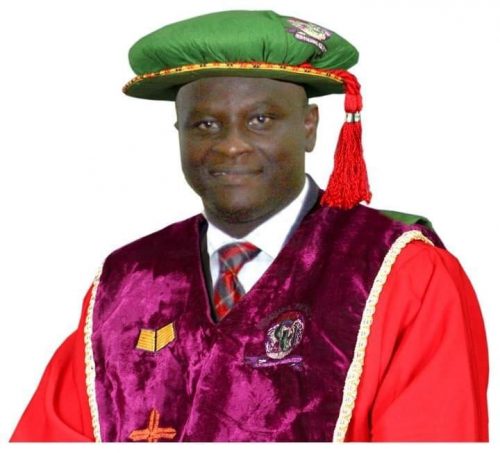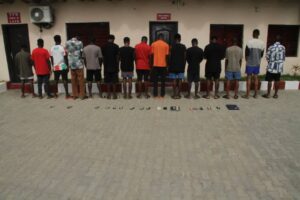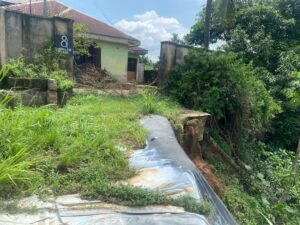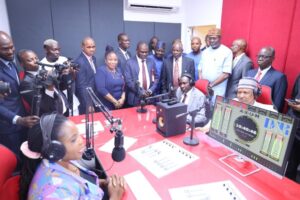ACCE warns science, technology, others against neglecting communication

Ini Billie, Uyo
African Council for Communication Education (ACCE) Nigeria, Thursday, cautioned stakeholders of science, technology, innovation, and governmental agencies against neglecting communication.
The council stated that ignoring communication would be disadvantageous.
The President of the Council, Prof. Nnamdi Ekeanyanwu, said such agencies would continue to fail in the discharge of their national assignment as they keep ignoring communication as a key component in their dealings.
Prof. Nnamdi Ekeanyanwu stated this during the 23rd Annual International Conference/AGM tagged ACCE/UNIZIK 2022 with the theme: “Communicating Science, Technology, and innovation in Times of Economic Distress, Terror, and a Pandemic”.
In a release signed by the National President and made available to our correspondent in Uyo on Thursday, the council expressed sadness that previous efforts to tie science, technology and innovation to Nigeria’s development goals could not yield fruit.
Ekeanyanwu ascribed the failure to the agencies saddled with the responsibility of integrating communication components to drive the initiative.
He stated that the theme was carefully selected to “explore, examine, and dilate in all relevant parameters, the dimensions in which journalism, broadcasting, new media, public relations, films, advertising, and communication education/research interface with STIs to enact a remediation of the development crises in Nigeria and other developing countries”.
He explained that the nation needed the important component in its drive to development.
“Nigeria, in particular, is a nation of several paradoxes: resource-rich but poor country; a country of talented, vibrant citizens but still grappling with teeming unemployed people; a population rich in Diaspora exploits but struggling at home. Conditions are worsened by bouts of terrorist attacks from bandits, separatist groups, dissident agitators, and religious extremists.
“Add these to the distressed economic times spawned by years of political mismanagement and corruption as well as the debilitating effects of the Covid-19 pandemic and the troubling environmental/food/climate crises; it becomes apparent that solutions must be sought, and urgently too. Some of the solutions lie in science, technology and innovation.
“This conference is both apt and timely as it is purposed to interrogate the place of science, technology and innovation including the emerging ones such as genomics, biotechnology, synthetic biology, artificial intelligence and robotics, Nano-science/technology; in the resolution of Nigeria’s security, food, health, environmental as well as economic crises,” he stated.
Prof. Ekeanyanwu assured that ACCE will continue to lead the discourse in highlighting the importance of science, technology and innovation in the nation’s development goals, and emphasized the unequivocal role of communication in harnessing the importance of STI for better public appreciation and societal application.
The ACCE President said he was excited by the quality and calibre of the lead discussant, Prof. Herbert Batta of the University of Uyo, whom he said has more than 25 years investment in scholarship and research in the areas of Science, Health and Environmental Communication.
“I am very certain his Lead Paper will challenge us all,” he said.
He acknowledged the first female professor of Mass Communication in sub-saharan Africa, and Chairman of the conference, Distinguished Professor Chinyere Stella Okunna, and Management of Nnamdi Azikiwe University, Awka for accepting to host the 23rd edition of the AIC/AGM.
He expressed optimism that the gathering will not be in vain as the council hope to refocus government efforts in applying STI in Nigeria’s developmental goals.
“This becomes even more cogent considering the fact that every effort we made to bring the Nigeria’ STI Agencies to the table was rebuffed,” he said.







